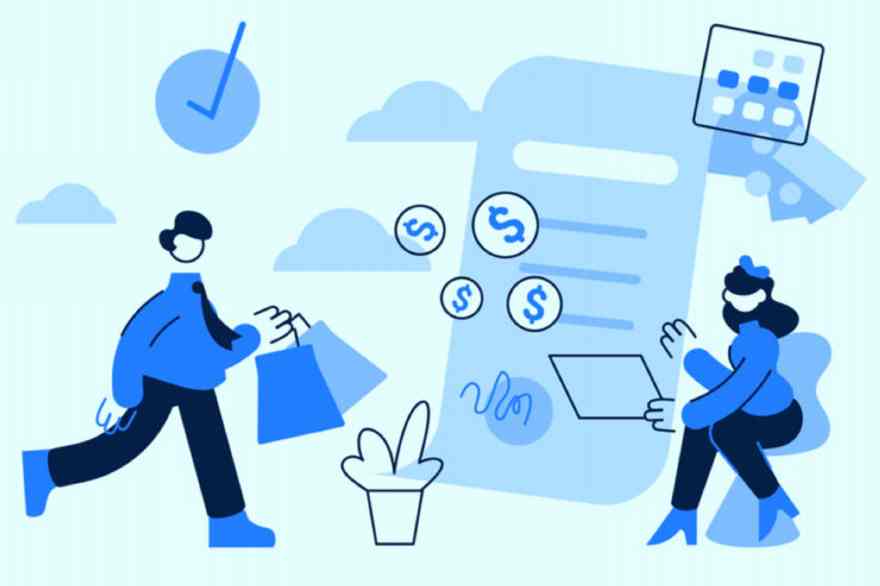Through the previous few a long time, customers have discovered to grasp the distinction between opt-in, opt-out, and even double opt-in processes. Thousands and thousands of individuals join on-line platforms or providers by offering their personally identifiable data (PII). Customers provide their knowledge in alternate for presents, subscriptions, and fundamental providers.
As subscribers, customers count on to obtain some safety in alternate for sharing an e-mail handle. The only type is a second opt-in, which created the “double opt-in” normal, which supplies specific permission from the patron. This occurs, for instance, when one downloads an app on a cell machine. Customers typically grant that permission reflexively, and lots of are unaware that this double opt-in is the de-facto normal.
Going past double opt-in
Most customers perceive that banks and different corporations personal their knowledge after they enroll or examine a field to conform to their phrases. In flip, the businesses that personal the credit score and debit playing cards that customers carry of their wallets can use the spending knowledge in methods regulated by the outlined settlement throughout the phrases of providers to which each events agreed.
However at the moment’s customers are demanding extra from these relationships. They need extra management over their knowledge. It’s not sufficient to earn 1% money again on purchases or use factors for journey. As a substitute, they wish to decide the companions that entry their knowledge primarily based on their finest pursuits.
Firms like Klarna, the Swedish fintech (monetary know-how) firm, capitalize on this pattern by constructing bespoke relationships with retailers and creating particular “purchase now, pay later” presents for customers. This technique allows the patron to bypass constructing new relationships with every retailer as a result of Klarna has that coated. Such transactions can occur as a result of Klarna “opted in” to the retailer’s API. In distinction, the patron must solely “opt-in” to the bank card issuer, or on this case Klarna, to permit knowledge to be shared.
New middleware is coming that can allow retailers to offer receipt knowledge associated to client transactions. This knowledge could be delivered on to monetary establishments (banks, credit-card corporations, and so on.) with out requiring retailers to have interaction straight with every monetary entity for pre-approved use instances. This middleware receives the receipt knowledge from the service provider by way of its proprietary API or normal batch course of and might then provide it to the monetary establishment. The monetary establishment can then execute the use case by issuing credit score for card-linked presents or displaying the receipt throughout the banking app.
What’s two-sided opt-in?
Two-sided opt-in requires each the service provider making a sale and the patron requesting their knowledge to opt-in for the alternate. No knowledge is shared except each client and service provider opt-in to the financial institution, bank card issuer, or consumer-facing app to request the info. Two-sided opt-in additionally locations management for the interplay squarely within the fingers of these concerned within the transaction. And it’ll present monumental advantages to customers and retailers.
Customers will not want paper receipts. As a substitute, they’ll have the ability to see every product of their bank card’s digital item-detail historical past as a substitute of the aggregated transactions and buy totals that seem now. Customers may also be straight notified of product remembers and might handle returns simply by way of an app as a substitute of trying to find an itemized paper receipt.
However the advantages for retailers are much more strong. Retailers using two-sided opt-in will create a brand new income stream. Their prospects will view product transactions all the way down to the SKU-level — a capability that advantages each retailer, massive and small. Even small retailers who leverage this knowledge to create new income streams can see earnings within the 1000’s of {dollars} monthly. Bigger retailers will construct new income streams within the hundreds of thousands.
By this know-how, retailers will achieve insights into client habits, resulting in new alternatives to market utilizing way more granular pattern evaluation and deeper knowledge. Savvy retailers will improve the effectiveness of their advertising spend by leveraging SKU-level knowledge to ship extremely personalised, consumer-focused experiences.
The triangle of profit: retailers, fintechs, and customers
This triangle of profit will quickly develop into the usual, as retailers drive extra income from knowledge they’d by no means been in a position to monetize whereas getting nearer to their customers. Banks and fintechs can achieve extra management over every transaction and have the ability to market towards them. And customers can eschew paper receipts and luxuriate in extra transparency and management over their expertise and funds.
All of it begins with the brand new privateness normal of two-sided opt-in.
Banyan is an interchange for item-level transaction knowledge collected from taking part retailers.
Favourite





